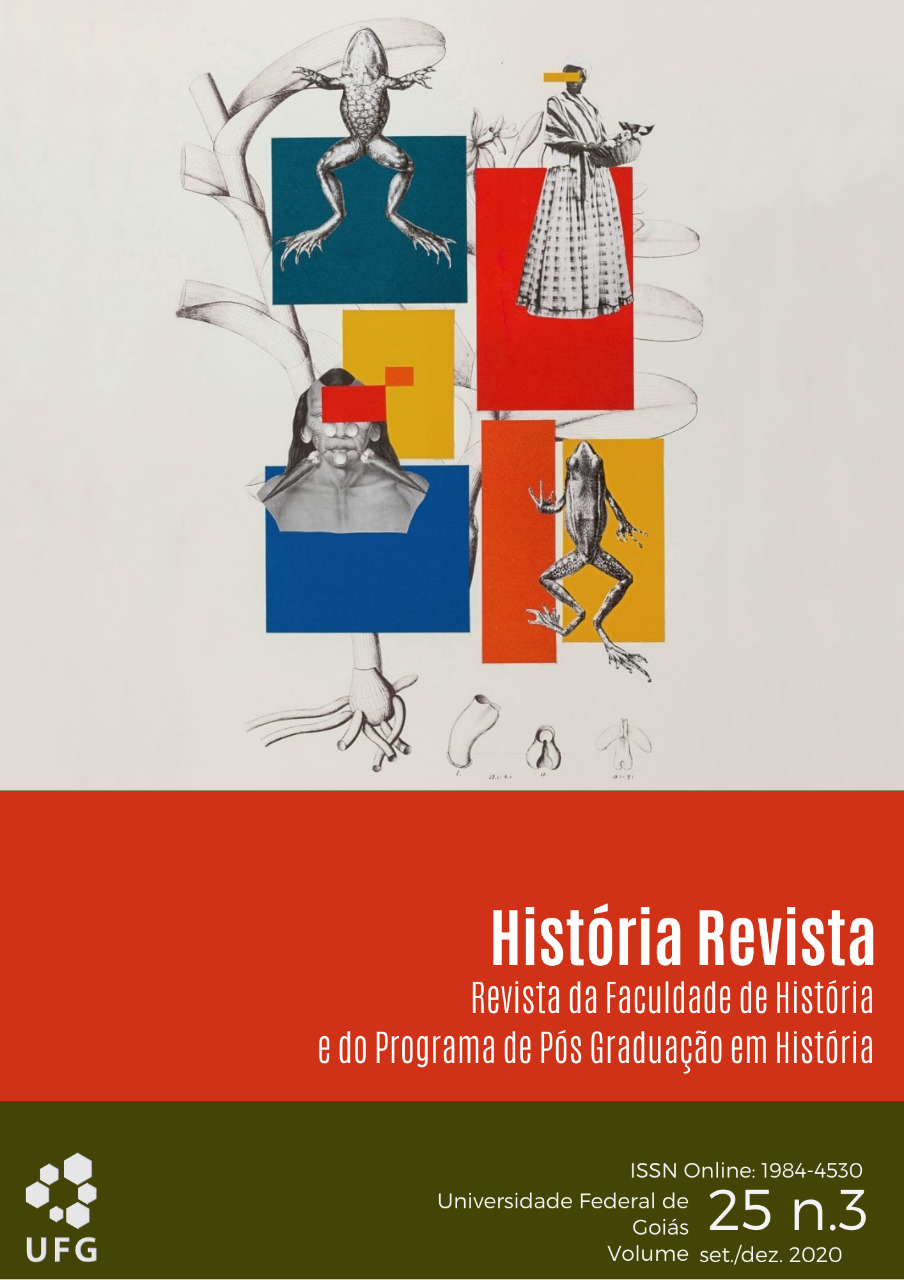She was a housekeeper
housekeepers and housewives in the Triângulo Mineiro-MG region
DOI:
https://doi.org/10.5216/hr.v25i3.66415Abstract
This article presents ways of research, results and reflections on experiences of domestic workers in the Triângulo Mineiro region. Through the research work, studying these women and updating the theoretical frameworks, I point to the importance of understanding the trajectories of these individuals: the meaning they give to their experiences, the way they organize their speeches, and also the meaning they give to their lives. We seek to understand the meaning of being a housekeeper in an unequal society, in a transition from rural to urban living, in the interior of Minas Gerais (Brazil), from the 1950s onwards. Their trajectories, described in the interviews, reveal the hardships of work, the lives of those poor women. They also talk about the path they have built, their choices, achievements, and their struggles to ensure their rights in an individually and collectively way. The trial was accomplished anchored in the theoretical-methodological contributions of Social History, especially the authors: E. P. Thompson; Raymond Williams, and the contributions of Oral History, with the approaches from Portelli. The recently translated studies into Portuguese of black feminists such as Angela Davis, bell hooks, Audre Lorde, have an essential contribution to think about the theme of housework and its necessary revision for a feminism that contemplates the majority. In this sense, the concept of intersectionality (Akotirene, 2019), inherited from black feminists, is an essential approach to thinking the thematic. We conclude evaluating the collective advances in the struggles of these women, but pointing to the setback in the civil rights field, especially after the 2016 coup d’état and the problems faced nowadays during the Corona virus pandemic and anti-people governments.
Keywords: Domestic workers, Triângulo Mineiro, Women.
Downloads
Downloads
Published
How to Cite
Issue
Section
License
Declaração de Direito Autoral
Concedo à História Revista o direito de primeira publicação da versão revisada do meu artigo, licenciado sob a Licença Creative Commons Attribution, que permite o compartilhamento do trabalho com reconhecimento da autoria e publicação inicial nesta revista.
Afirmo ainda que meu artigo não está sendo submetido a outra publicação e não foi publicado na íntegra em outro periódico, assumindo total responsabilidade por sua originalidade, podendo incidir sobre mim eventuais encargos decorrentes de reivindicação, por parte de terceiros, em relação à autoria do mesmo.



